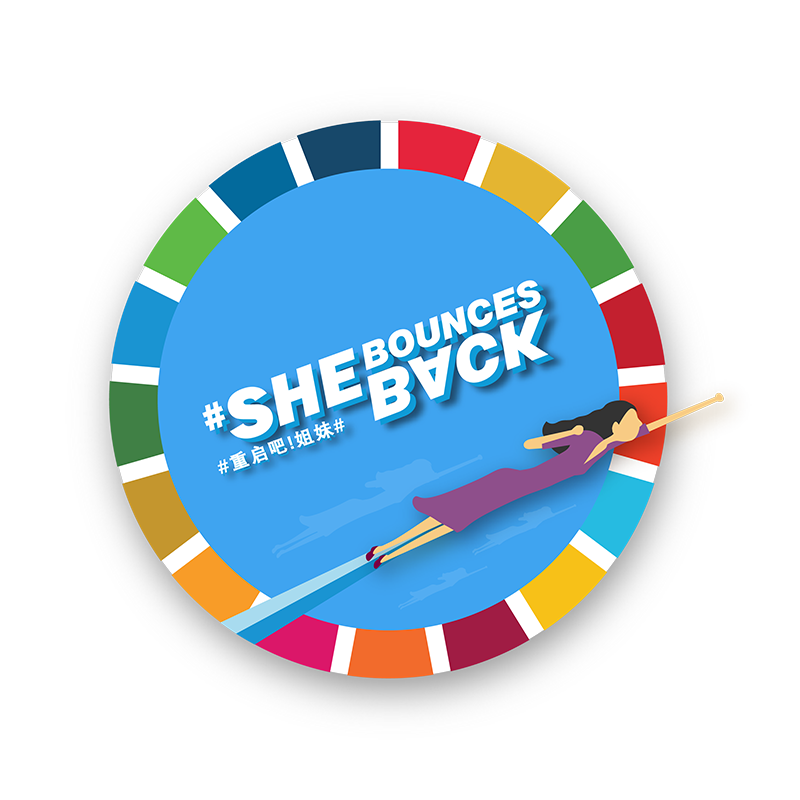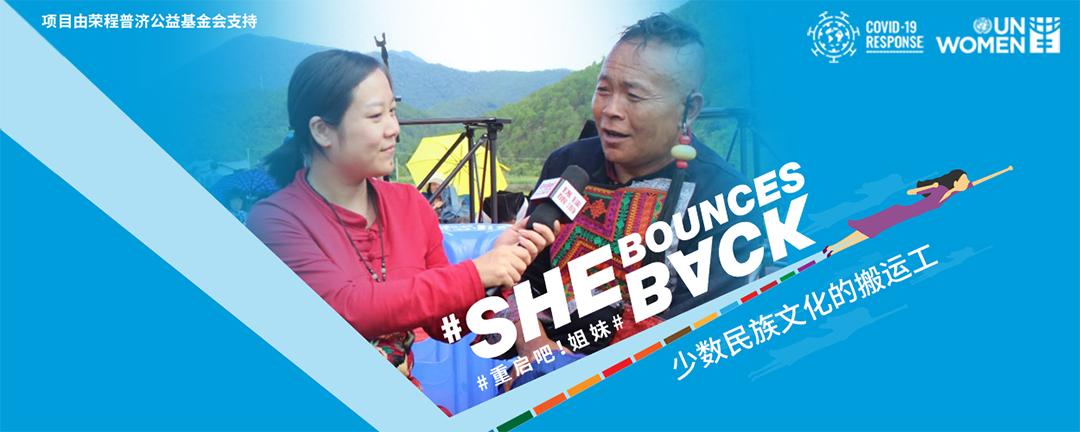
Gao Hui: Shining a light on China’s ethnic minority cultures
The fire grass cloth of the Lisu, the handmade brown sugar of the Hani, and the horsetail embroidery of the Shui – the crafts of China’s ethnic minorities are treasures little known to outsiders. Gao Hui, an entrepreneur from Shanghai, runs Mingxiao Quanquan (Elite Circle), is a micro social enterprise that promotes ethnic minority cultures and sells tours and workshops, mainly to universities. After the pandemic struck in early 2020, the company transitioned to e-commerce; survival, Gao Hui says, is all about adaptation.
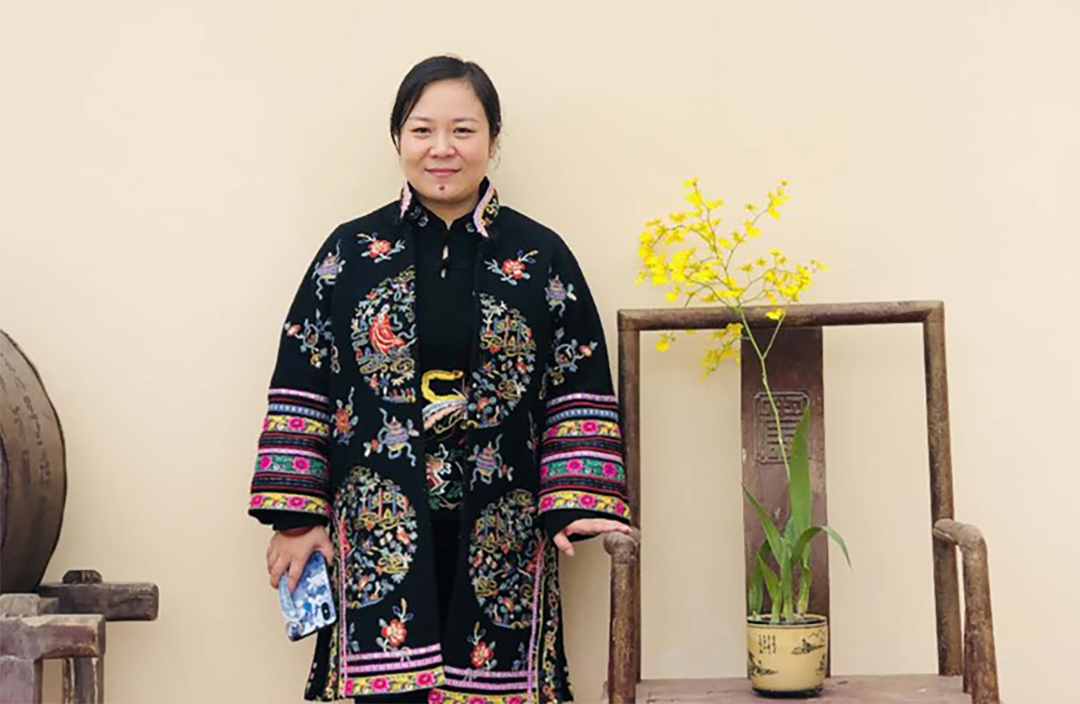
Gao Hui, Photo: Gao Hui
“The pandemic completely disrupted our operations and many foreign orders were cancelled. As much as this forced a move online, it has also brought us unexpected joy.
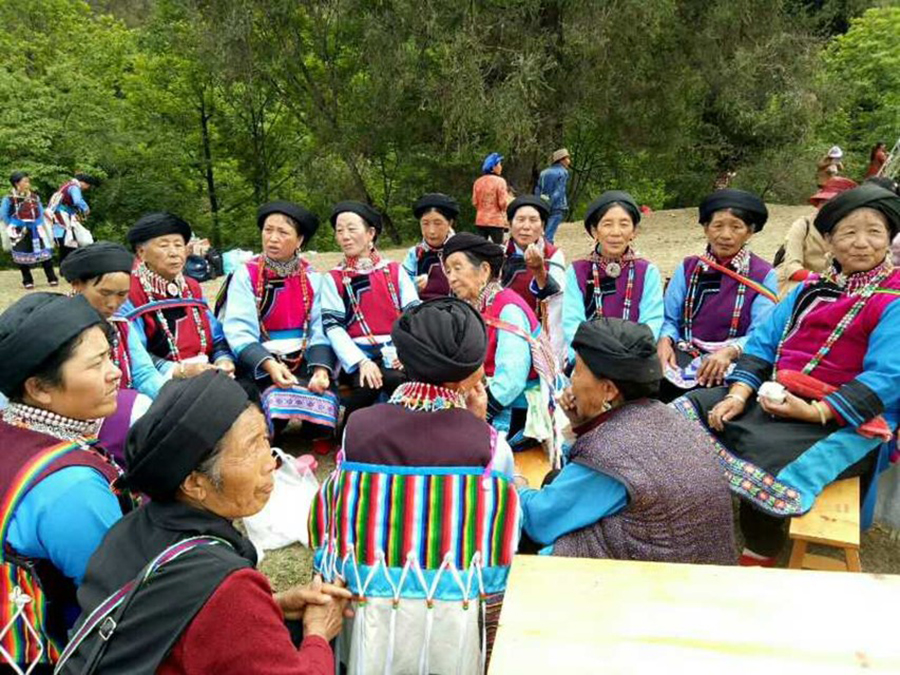
Gao Hui’s project One Village a Week provides glimpses
into the folk culture of the Pumi ethnic group. Photo: Gao Hui
In a very short period of time we designed a new project, One Village a Week, in which we profile the history, culture, folklore and folk art of a different ethnic minority village online each week. Our thinking was that there are many exquisite customs and handicrafts in those villages that have been passed down through generations for thousands of years but are unappreciated by the outside world. Then we introduced the One Village One Item project, to provide a deeper dive. We used the latest digital trends, including live video, to help villagers to promote themselves and expand their sales channels for handicrafts and farm products. We were soon invited to develop online English courses on these topics for international schools to teach.
There’s still hardly any digitization of ethnic minority cultures in China, so the pandemic prompted us to become pioneers.
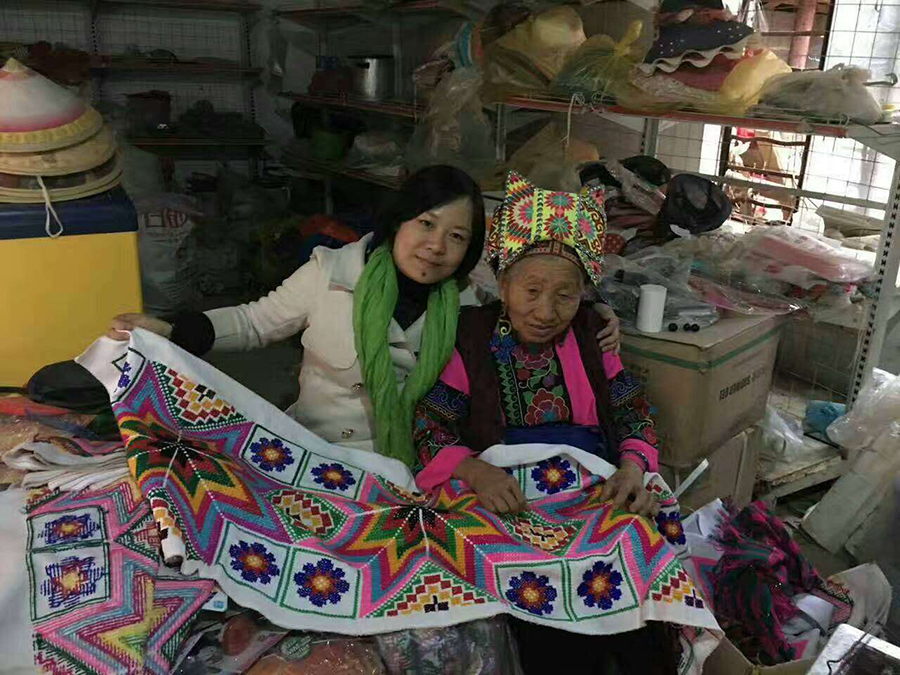
Gao Hui chats with a woman of the Sani Yi ethnic group about
her embroidery in Puzhehei, Yunnan province. Photo: Gao Hui
After the business went online, we needed a management system to keep up with it, which was more difficult to do virtually during pandemic restrictions. We established a working group and designed a project flow chart so that each staff member and volunteer knew their responsibilities, and we found that coordination and work efficiency greatly improved. I personally interviewed each and every volunteer and developed detailed training and assessment plans for them.
In the future I want to see the culture and art of ethnic minorities integrated into the fashion industry, to help it spread. … I believe that there is a promising future for the digitalization and internationalization of intellectual property of ethnic culture. A lot of clan emblems and totems are real treasures and can be better protected if introduced to the international market with the right kind of intellectual property rights.
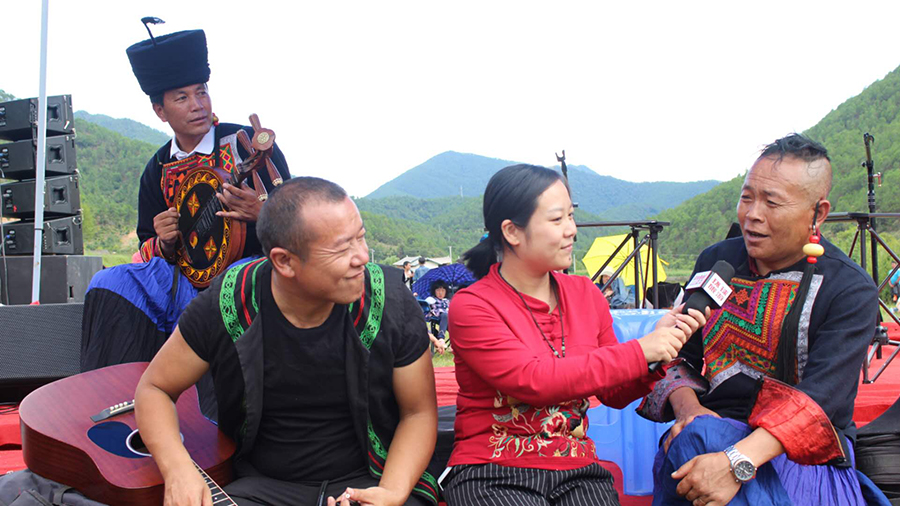
Gao Hui interviews a bimo, a local priest, in a village of the
Yi ethnic group in the Xiaoliang mountains. Photo: Gao Hui
Most of my employees are women, and I hope to help increase their income and opportunities. Women are more likely to come up against inequality in their career development, for traditional and practical reasons. It takes the spirit of responsibility and entrepreneurship to change this.
#SheBouncesBack is a great source of acknowledgement and support for SMEs, especially for female SME owners. I hope to see more platforms where female entrepreneurs can meet to connect and share experiences and resources. We also hope that more of the world will be able to appreciate the beauty of Chinese ethnic cultures and the power of Chinese women.”
